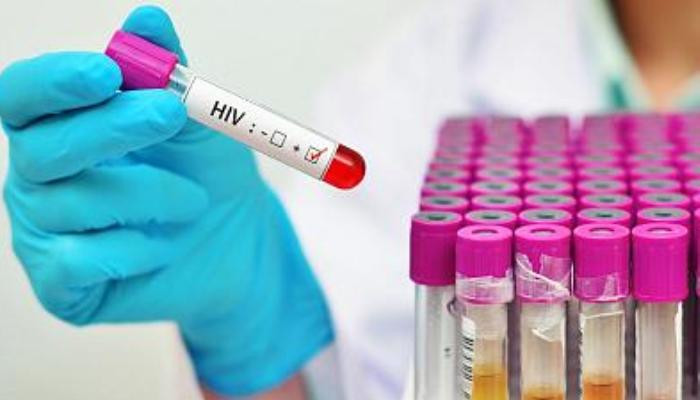Highly Virulent HIV Variant Discovered in the Netherlands
 A highly transmissible and damaging variant of HIV has been circulating in the Netherlands for decades, researchers have found. An analysis of more than 100 infected people suggests that the variant boosts the number of viral particles in a person’s blood, making them more likely to transmit the virus. The variant also seems to lead to a reduction in immune cells called CD4 T cells, so infected people are at risk of developing AIDS much more rapidly than those with other versions of HIV. The emergence of a more virulent form of HIV is “a reason to stay vigilant”, but it’s not a public-health crisis. The mutations found in the new variant don’t make it resistant to existing HIV drugs, says Joel Wertheim, an evolutionary biologist and molecular epidemiologist at the University of California San Diego. “All of the tools in our arsenal should still work,” he says. The findings, published in Science on 3 February1, serve as a reminder that viruses do not always evolve to become less virulent over time. Reports that infections with the Omicron variant of SARS-CoV-2 tend to cause mild COVID-19 symptoms have fuelled the narrative that the virus is becoming less deadly. “This is not how it works,” says Emma Hodcroft, a molecular epidemiologist at the University of Bern. Although HIV and SARS-CoV-2 are different in many ways, “it’s not a given that SARS-CoV-2 will become milder”, Hodcroft says. Fast-spreading strain Compared with people infected with other HIV strains, those infected with the new variant had up to 5.5 times more virus in their blood, and their CD4 T cells dwindled nearly twice as fast. A drop in CD4 T cells, which help to coordinate the body’s immune response to infections, is a tell-tale sign that HIV has damaged the immune system. The researchers estimate that, without treatment, people infected with this variant would develop AIDS within 2–3 years after diagnosis, compared with 6–7 years for those infected with other HIV strains. |

Woman who suffered flesh-eating disease after insect bite receives a face transplant
82604.02.2026, 00:07
India rushes to contain deadly Nipah virus outbreak after five cases confirmed
90324.01.2026, 20:43
Thousands of NYC nurses strike for better staffing and pay (video)
85012.01.2026, 23:38
Nestle issues global recall of some baby formula products over toxin fears
121107.01.2026, 20:43
Air pollution India's biggest health crisis since Covid, warn doctors
132826.12.2025, 17:41
"What Is This Mushroom?"... Japanese Man Trusts AI, Ends Up in Emergency Room
140927.11.2025, 22:53
